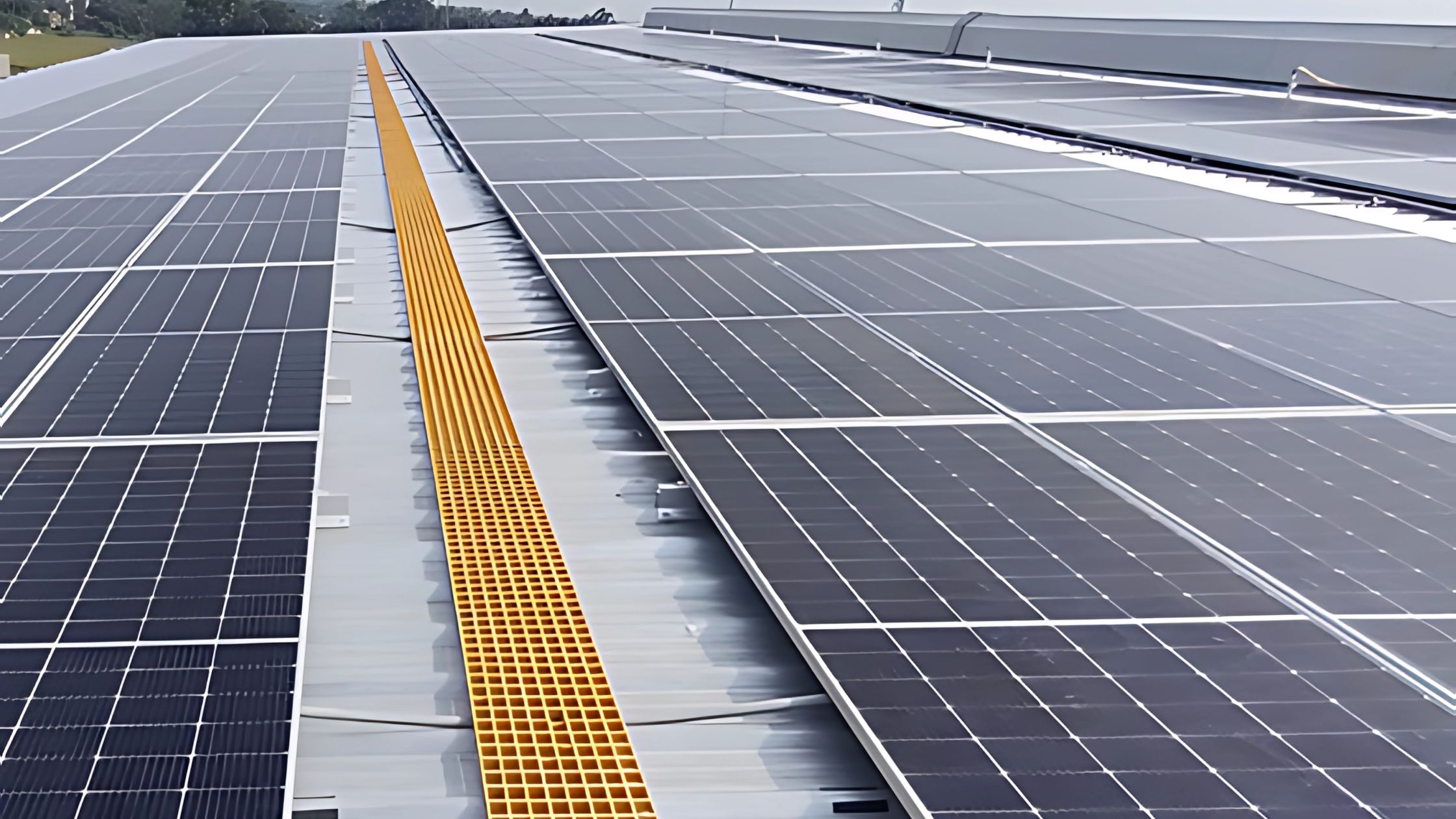Fiber-Reinforced Plastic (FRP) is revolutionizing industrial storage solutions, offering unparalleled benefits in a variety of applications. From corrosion resistance to lightweight construction, FRP storage solutions, including tanks and containers, are tailored for specific needs across industries. This guide explores the versatility of FRP storage systems and their growing adoption across key sectors like petroleum, green hydrogen, chemical processing, water treatment and more.
What Are FRP Storage Solutions?
FRP storage solutions are engineered products crafted from fiberglass reinforced with resins. These materials combine strength and durability with a lightweight design, making them ideal for numerous industrial applications.
Common Types of FRP Storage Solutions
- Storage Tanks: Vertical, horizontal, and rectangular tanks for storing liquids or gases.
- Process Vessels: Designed for industrial operations involving chemical reactions or fluid storage.
- Custom Storage Systems: Tailored to meet specific industrial and logistical needs.
- Petroleum and Hydrogen Storage Tanks: Advanced solutions designed for these high-value, volatile substances.
Key Benefits of FRP Storage Solutions
Corrosion Resistance
FRP’s non-metallic composition ensures it can resist aggressive chemicals, salty environments, and other corrosive materials. This makes it superior to traditional materials like steel, especially in environments prone to chemical exposure.
Lightweight Design
- FRP tanks are up to five times lighter than metal alternatives.
- This feature allows easier transportation, handling, and installation, reducing operational costs.
Durability and Strength
FRP can withstand extreme pressures and temperature variations, making it suitable for storing high-value or hazardous materials like hydrogen and petroleum.
Customizability
The material’s flexibility enables the creation of customized storage systems to meet specific industrial requirements, such as size, shape, or lining materials for compatibility.
Eco-Friendly and Long-Lasting
- FRP is recyclable and environmentally sustainable
- It also offers a longer service life compared to traditional materials, reducing maintenance and replacement needs.
Industries Benefiting from FRP Storage Solutions
Petroleum Industry
- FRP storage solutions are ideal for storing petroleum products due to their excellent resistance to hydrocarbons and environmental stress.
- FRP tanks prevent leakage, ensuring compliance with strict environmental and safety regulations.
- Applications include storage of crude oil, refined fuels, and lubricants.
Hydrogen Storage
- The demand for hydrogen as a clean energy source is rising, and FRP storage tanks are critical in this industry.
- FRP’s lightweight yet strong design supports safe storage and transportation of hydrogen under high pressure.
- The material’s impermeability minimizes the risk of leaks, ensuring safety and efficiency.
Chemical Processing
- FRP tanks are resistant to acids, alkalis, and some solvents, making them indispensable in the chemical industry.
- They ensure safe storage of hazardous chemicals, reducing risks of contamination or material degradation.
Water Treatment and Utility Plants
- Used for potable water storage, desalination plants, and industrial wastewater treatment.
- Corrosion-resistant properties make FRP storage systems ideal for handling treated and untreated water.
Food and Beverage Industry
- Provides hygienic storage for liquids like edible oils, syrups, and beverages.
- Ensures compliance with food-grade standards by preventing contamination.
Pharmaceutical Industry
- Used for sterile storage of pharmaceutical formulations and chemicals.
- FRP ensures compatibility with sensitive compounds.
Power Generation
- Stores cooling fluids, waste products, and chemical solutions used in energy production.
- FRP’s durability ensures reliability under high-pressure environments.
Agriculture
- FRP tanks are used for storing fertilizers, pesticides, and water for irrigation systems.
FRP Solutions for Petroleum and Hydrogen Storage: Why They Matter
Petroleum Storage
- FRP tanks are increasingly replacing traditional steel tanks due to their resistance to rust and ability to contain hydrocarbons without degradation.
- Double-walled FRP tanks ensure spill prevention, a critical factor in reducing environmental impact.
Hydrogen Storage
- Hydrogen storage requires high-pressure tanks, and FRP’s strength-to-weight ratio makes it an ideal choice.
- Specialized resin systems used in FRP ensure hydrogen impermeability, addressing safety concerns and increasing storage efficiency.
- Lightweight FRP tanks support the transportation of hydrogen for industrial and renewable energy applications.
Why Choose FRP for Your Industry?
Safety and Compliance
FRP storage systems are engineered to meet stringent safety standards, ensuring compliance with environmental and industrial regulations.
Cost-Effectiveness
While the initial cost may be higher than some traditional materials, FRP’s long lifespan, low maintenance, and reduced operational costs make it a cost-effective investment.
Sustainability
The recyclable nature of FRP and its energy-efficient production process contribute to a greener industrial ecosystem.
Conclusion
FRP storage solutions are transforming the way industries store and transport materials, from volatile gases like hydrogen to critical fuels like petroleum. With unmatched durability, corrosion resistance, and customizability, FRP is the future of industrial storage.
Explore tailored FRP storage solutions to meet your industrial needs. Contact us today to learn more about how FRP tanks and systems can enhance your operational efficiency and safety.
Also read: Why FRP Tanks are the Premier Storage Solution for Green Hydrogen
Follow us on Facebook: @fibrograts







